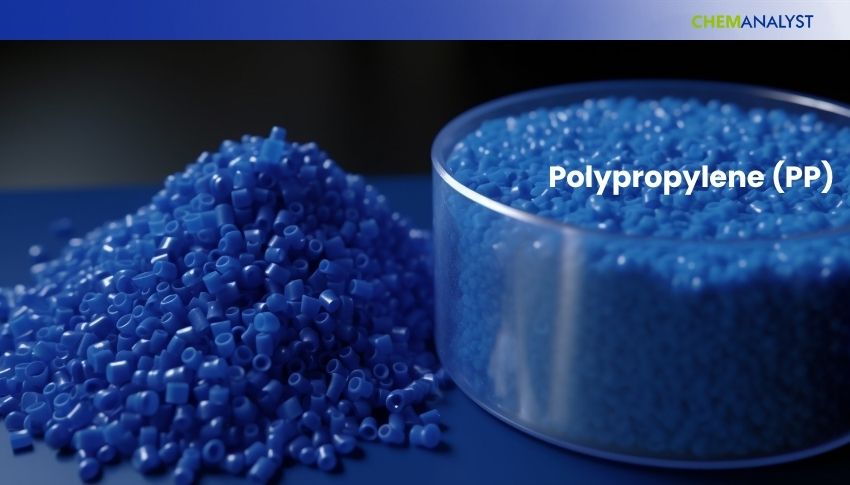Welcome To ChemAnalyst

Polypropylene (PP) prices in the US and Europe saw modest increases in mid-July 2025, driven by supply constraints and producer price hikes. However, weak demand, political uncertainty, and returning production capped gains in PP prices despite seasonal turnarounds and lower operating rates.
In the U.S., market optimism was driven by price increase announcements from key producers. Braskem and LyondellBasell raised prices by USD 44.09/MT and USD 66.14/MT respectively, effective July 1, while ExxonMobil is set to increase prices by USD 66.14/MT effective August 1. These have contributed to sustaining the pricing momentum amid soft demand for PP originating from the downstream automotive, construction, and packaging industries.
On the supply side, the market has stayed moderately tight. Braskem America's 320,000 MT/annum unit in Freeport, Texas, has recently restarted after a planned turnaround, adding fresh volumes to the domestic scene. TotalEnergies’ 1.226 million mt/year unit in La Porte, Texas, is running at reduced levels following maintenance. However, tighter supply conditions across the US PP market were exacerbated by a force majeure (FM) declared by Phillips 66 on July 2 at its 176,000 mt/year PP plant at Linden, New Jersey due to equipment failure. The duration of the outage remains unknown, further tightening regional PP availability.
Further capacity is expected later in the year and may provide relief on the supply side. Formosa’s 250,000 MT/year PP unit at Point Comfort, Texas, is slated for start-up in H2 2025 while Invista’s 45,000 MT/year expansion at Longview, Texas, is on schedule for start-up in Q2 2025.
Despite these upcoming additions, demand for PP across North America remained largely subdued. Packaging demand, which typically offers a cushion against broader market volatility, also showed signs of softening. The decline in U.S. consumer confidence in June which fell by 5.4 points to 93.0 in June 2025 further weighed on downstream activity. As a result, PP prices in the US remained largely stable to slightly higher during mid-July. U.S. vehicle sales decreased by 1.7% month-on-month (m/m) to 15.3 million (annualized) units in June 2025 thus keeping the underlying bearish undertone of market intact, alongside the downturn in construction sector which continued to impart a downward pull to the PP prices.
As per anticipations PP prices across the US market are expected to remain elevated due to regional pockets of tight supply and higher priced inventories being largely in circulation following price hikes from leading producers alongside some continued outages and turnarounds.
In Europe, PP prices registered a moderate increase of approximately 0.8% during mid-July. This was mainly due to reduced operating rates among domestic producers and preparations for the seasonal maintenance ahead. However, the market is likely to soften in the coming weeks.
A key driver of this anticipated correction in European PP prices is the lifting of the force majeure at TotalEnergies’ Feluy, Belgium facility, which has a capacity of 720,000 mt/year. The plant resumed operations in early July after remaining offline since February 2025, significantly improving regional supply sentiment, despite some outages and turnarounds being reported in the market. Ducor’s 180,000 mt/year plant in Rozenburg, Netherlands, declared FM on July 7 due to unforeseen issues, while TotalEnergies’ Gonfreville site in France continues to remain under FM.
Market sentiment within Europe remains focused toward a declining price trend, underpinned by enhanced supply availability and the restart of the Feluy plant, which had previously been under force majeure for four months. Converters have taken a wait-and-see approach, looking for more competitive offers amid increasing import levels. Supply from Asia, as well as the Middle East, remains active, with South Korean producers reducing offers by €20-40/tonne in the first week of July, encouraged by the strengthened euro. As a consequence, import offers into Europe are expected to have a suggestive effect on further weakening European spot prices.
We use cookies to deliver the best possible experience on our website. To learn more, visit our Privacy Policy. By continuing to use this site or by closing this box, you consent to our use of cookies. More info.
